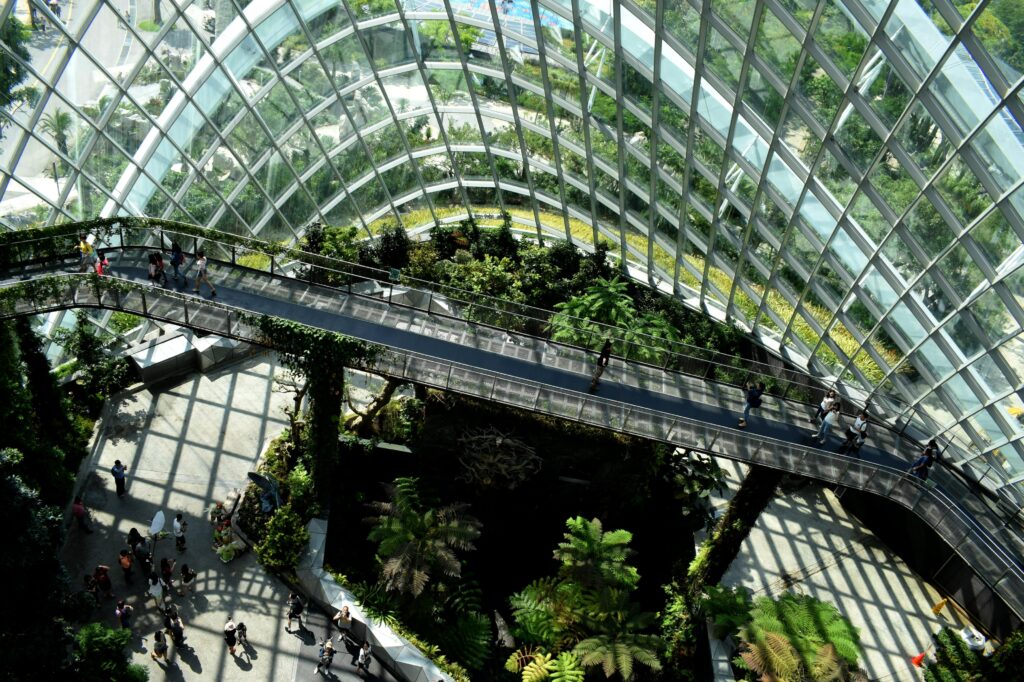SUSTAINABILITY PERFORMANCES, EVIDENCE & SCENARIOS
A growing consensus recognizes that economic growth does not inherently lead to social inclusion and environmental sustainability. Economic, social, and environmental policies in Europe are progressively characterized by a commitment to sustainable and inclusive growth, leaving no one behind. But to achieve this, there is a need for original concepts and evidence that can support European and global policies in the transition towards achieving sustainable human development.

SPES Objectives
The SPES project will aim to bridge productivity and growth with inclusiveness and environmental protection, to ensure shared prosperity and wellbeing for all. It will do so by focusing on five pillars of sustainable human development:
- Productivity, defined as aiming for an efficient use of economic, human and natural resources through innovation;
- Equity for all, defined as fostering equal political, economic, social and cultural opportunities for all;
- Sustainability, defined as aiming to avoid, reduce, and adjust to climate change and ensuring the protection, restoration and improvement of the environment;
- Participation and empowerment, defined as enabling citizens, social groups and communities to be active agents of their future.
- Human security, defined as the sum of capabilities “freedom from want, freedom from fear, and freedom to live with dignity”.
How can productivity, equity, environmental sustainability, participation & empowerment, and human security be reconciled to drive the transition towards Sustainable Human Development in Europe?
Discover more
SPES ambition
Project SPES – Sustainability Performances Evidence & Scenarios ambition is to generate and provide policymakers with original concepts, knowledge and evidence about past, present and future transition performances and policies towards sustainable human development. Doing so, it aims to contribute to fostering the sustainability transition in European countries/regions and the necessary structural change of their economies and societies in line with this vision.
In particular, the results will inform the implementation of existing policy frameworks, with a particular focus on the 2030 Agenda, the European Green Deal, and the NextGenerationEU. This will give further strength to the transition towards sustainable human development in Europe.
